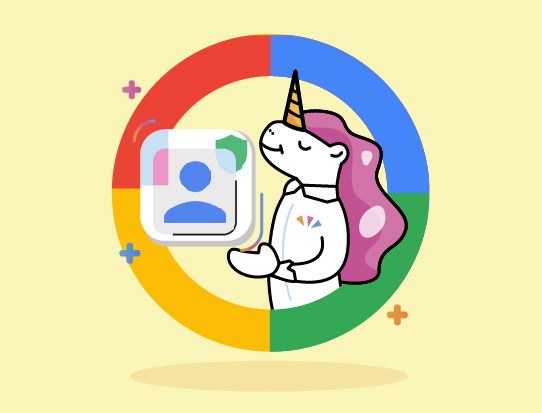Google is shaking up the online advertising world with a new proposal called “Topics.” FLoC (Federated Learning of Cohorts), Google’s original controversial project that was intended to replace cookies, is now dead.
FLoC planned to group users with comparable interests to maximize interest-based advertising. Topics is still quite similar to FLoC because it relies on machine learning to figure out a user’s interests.
However, there are some key differences:
- Topics will not include any sensitive categories like gender or race.
- Google will use information from websites and apps to create more accurate topics.
- Creating Topics is entirely transparent; users will see the list of sites and apps used to determine their topics.
So what are Topics? Simply put, they’re a new way for Google to figure out online users’ interests without relying on cookies or fingerprinting. Google categorizes the site’s users’ visit based on one of these 300 topics to figure out your interests. For sites that it hasn’t indexed before, a lightweight machine learning model will categorize them based on their content and the topic of sites that have already been categorized.
To ensure that interests aren’t tied to the individual personally, Google uses “privacy-preserving machine learning” to train a machine learning model with lots of data. The result is an anonymous set of categories called Topics, which websites can use to show ads relevant to specific interests.
In addition to being more private than the alternatives — like tracking cookies or fingerprinting — this system gives users far greater control over what they see online and who sees it, according to Google. For example, if you don’t want one site seeing your browsing history from another site for ad targeting, you can disable that site’s topic.
Google is launching a beta version of Topics and is working with the ecosystem to improve it. It’ll remain to be seen if other browser vendors will be interested in adding the Topics API. Since they all quickly turned a cold shoulder to FLoC, I’m somewhat skeptical that they will want to adopt the Topics API, but it’ll be interesting to watch how the ecosystem reacts.
The death of FLoC has significantly been exaggerated.
Okay, so maybe not quite “the death,” but Google’s latest proposal –Topics– has undoubtedly sent shockwaves through the adtech community.

